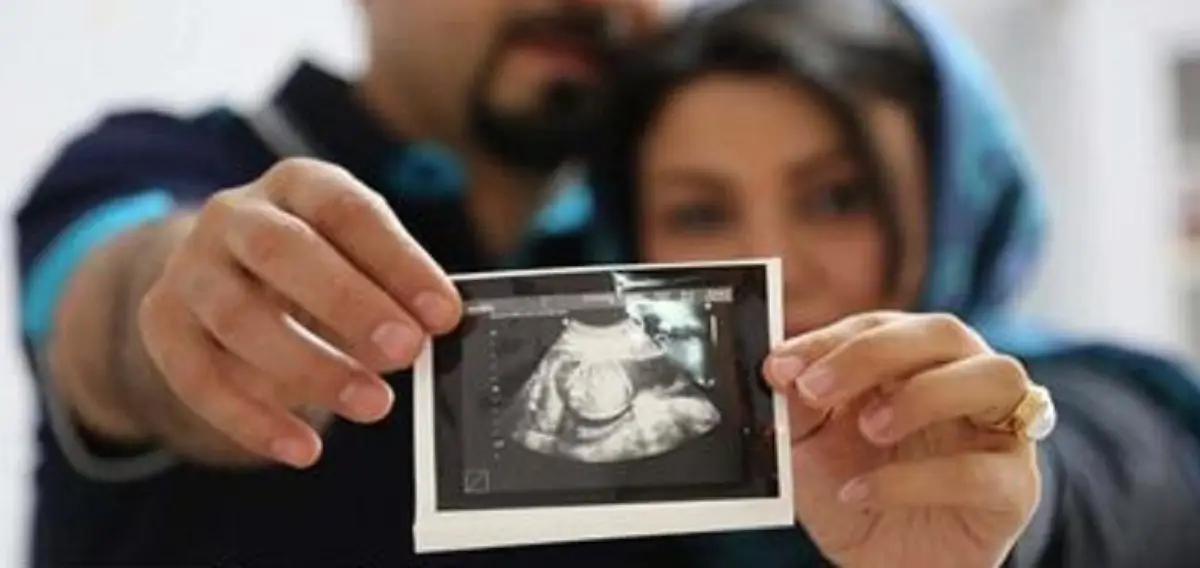Congenital disorders
Iran Bans Screening Kits For Congenital Anomalies To Stop Abortions
A new ban in Iran on screening kits for congenital anomalies has worried many who fear a sudden surge in the number of children being born with birth defects.
The health ministry’s food and drug administration website announced last week that it will no longer issue permits for production or imports of pregnancy associated plasma protein-A (PAPP-A) and free beta human chorionic gonadotropin (Beta-hCG) test kits.
Media have also reported that the ministry has been refusing to allow production or importation of enzyme linked immunosorbent assay (ELISA) tests.
These tests usually carried out during the first trimester of pregnancies are used to identify and assess the risk of various congenital conditions such as Down Syndrome and fetal aneuploidy (chromosomal anomalies) such as trisomy.
When asked about the discontinuation of the production and imports of these kits on Monday, the ministry spokesman, Pedram Pak-Ayeen, claimed that there was no ban and fetal screening has only been “standardized”.
The spokesman’s denial of the ban does not seem to be convincing to many including genetics experts and women’s rights activists who say denying them to women to preclude possibility of abortion is interfering in people’s personal decisions and violates women’s right to their bodies.

Calling the ministry’s decision “shocking”, Dr Mohammad-Amin Tabatabei, a member of the board of directors of the Iranian Genetics Society, said Monday that Iranians will be facing a greater risk of babies born with congenital and genetic anomalies due to the ban.
Tabatabaei stressed that the ministry has not consulted the genetics society and that the society will officially protest to the decision soon and demand a re-evaluation and warned that the ban could result in illegal imports of “notoriously expensive kits of uncertain standards.”
“Until now we had underground abortions, now we are going to have underground screening too,” a medical professional, Dr Mohammad Mir-Mohammadkhan, said in a post on X (former Twitter) Sunday.
Abortions have always been illegal in Iran, but termination was allowed during the first 18 weeks of pregnancy if the fetus was diagnosed with genetic disorders or carrying the fetus to term threatened the mother’s health or life.
On April 17, Soleiman Haydari, an official of the health ministry, told the Iranian Students News Agency (ISNA) that annually as many as 10,000 abortions were legally carried out.
In the past ten years the Iranian healthcare system has hugely limited screening tests and legal abortions and completely stopped its decades-old family planning programs.
Iran’s primary healthcare program had introduced several screening tests In 1991 that were routinely carried out as part of the existing mandatory premarital blood tests to prevent and control non-communicable diseases which have now been abandoned.
The government has also banned the sale of contraceptives and taken tough action against doctors and midwives who assisted terminations outside the healthcare system and shut down their clinics.
In July 2022 the health ministry announced that it had established a portal for medical professionals to register all pregnancies as a preventative measure against illegal abortions.
Iran’s Supreme Leader Ali Khamenei believes efforts to increase the country’s population are among the most urgent duties and essential policies of the Islamic Republic as the leading Shia country in the Muslim world and has repeatedly demanded that the population increase to 150 million.
The childbirth rate in Iran has been steadily declining over the past few decades. In the early 1980s, the population growth rate reached 4.8 percent. This rate has dropped to below one percent in the past decade.
Iran’s population has doubled from around 40 million in the early 1980s to 84 million, but a declining birth rate means the median age at 32 is about the same as Saudi Arabia at 31.8, but higher than Iraq at 21.

